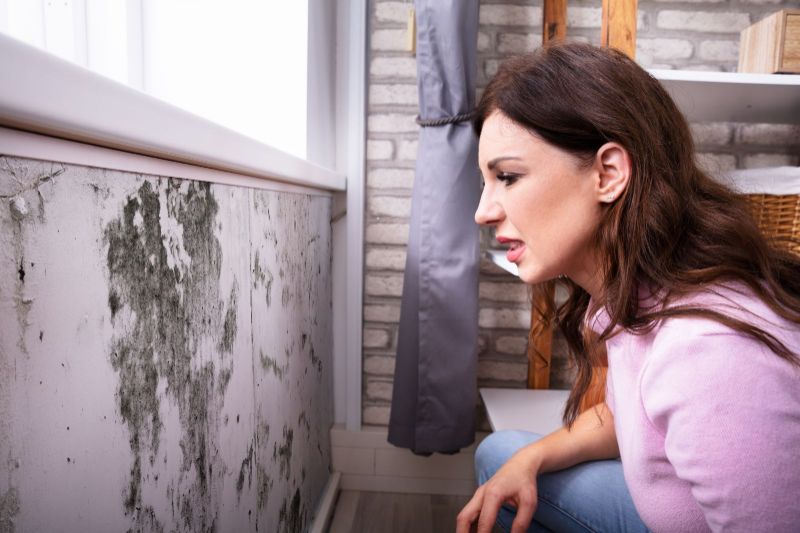Even though we are coming to the end of summer, we haven’t come to the end of mold season. Mold grows in temperatures of 70 degrees and above, so it can really become a problem over the summer months. Mold not only causes damages to the structure of your home, it can cause your family to suffer severe illnesses. So it is really important that you test your home for mold at the end of summertime to make sure that mold isn’t destroying the health of your home and your family.
What Is Mold?
Mold are lightweight spores that travel through the air and thrive in warm, moist areas. If they enter your home, they can travel through the home’s air ducts. When they land in a damp spot somewhere in your home, they will grow. While most of us are exposed to small amounts of mold everyday harmlessly, you do not want mold to grow in your home.
Do You Think You May Have Mold?
Mold will grow in places that have a lot of moisture. Some of their favorite places include:
- Leaks in roofs, windows or your pipes.
- Any cardboard, ceiling tiles, damp wood
- They can also grow on drywall, carpet and upholstery if it gets damp.
- Damp Basements
- Windows where condensation occurs
- Crawlspaces
- Washing Machines
Water stains in the house are the number one indicator that you may have mold. If you notice any water stains in your home, it is important that you contact a mold removal company right away. In warmer weather it can multiply rapidly and will then leave a musty smell, which is almost impossible to get rid of. If left untreated it can actually cause structural damage to your home.
How To Prevent Mold From Forming
During the summer months you can prevent mold by monitoring the humidity in your home through proper ventilation and using a dehumidifier if needed. Since mold tends to prefer the attic, basement, bathroom and kitchen, make sure these areas are well ventilated. Get rid of any cardboard or old piles of wood. Do a thorough check throughout the summer period and look for any moist or humid spots.
What To Do If You Find Mold In Your Home
Should you suspect or discover that you have mold in your home do not attempt to do cleanup without having it professionally removed. It is not a DIY project. Because mold can cause severe respiratory illness proper education and equipment is required. Once your mold has been removed professionally and then a determination can be made as to what you can do to prevent further growth. Once it is removed, you shouldn’t have any more problems.
The professionals at Disaster Response can help you get rid of your mold infestation quickly and efficiently. We are fully certified, available 24/7, and can bill directly to your insurance if you are covered. So before mold destroys your health and home, call us. Don’t wait until it is too late.

